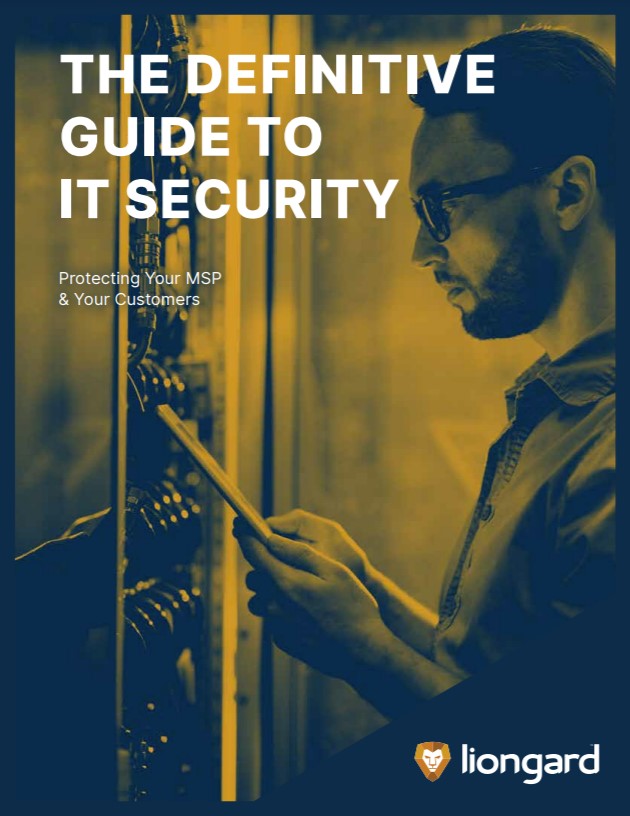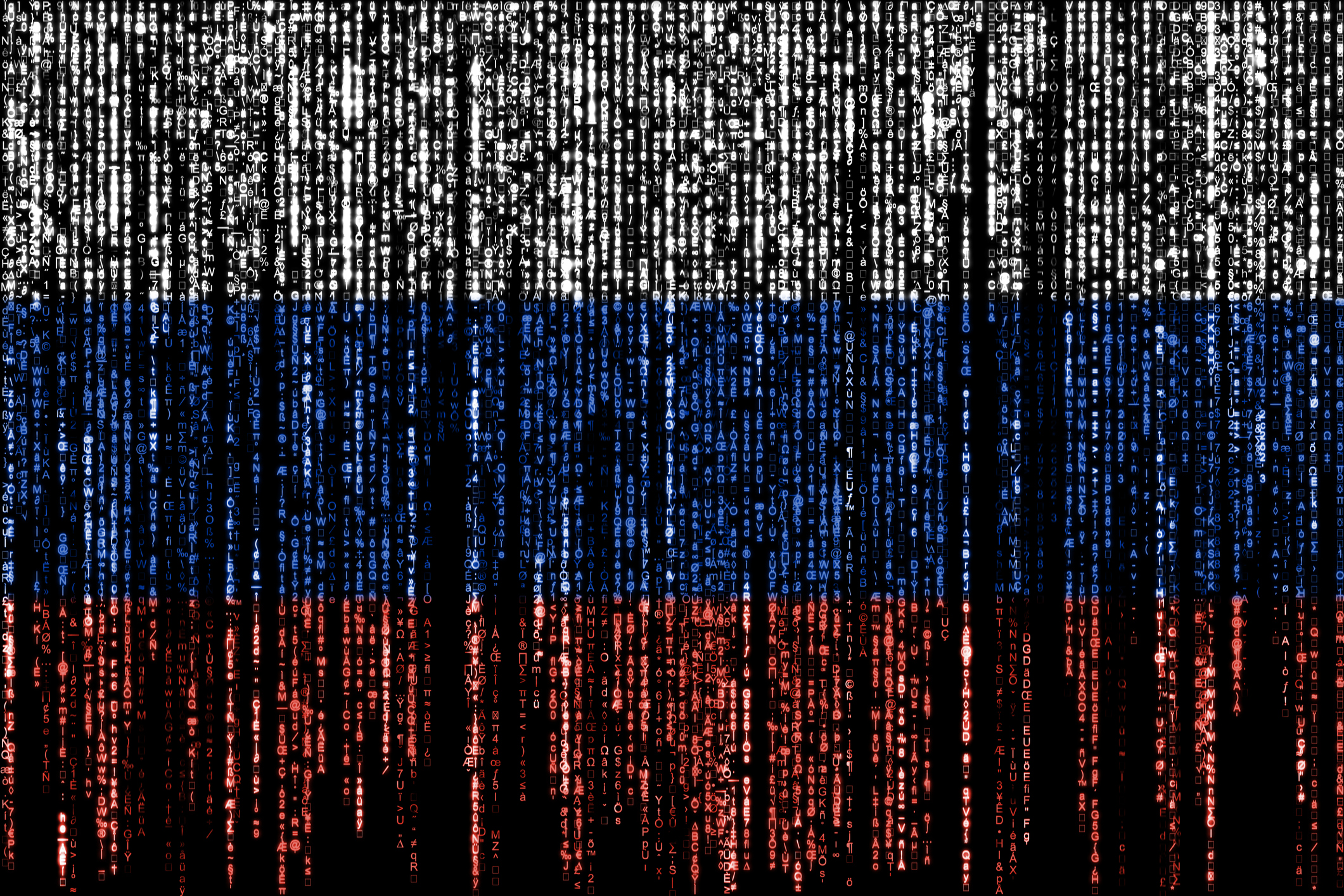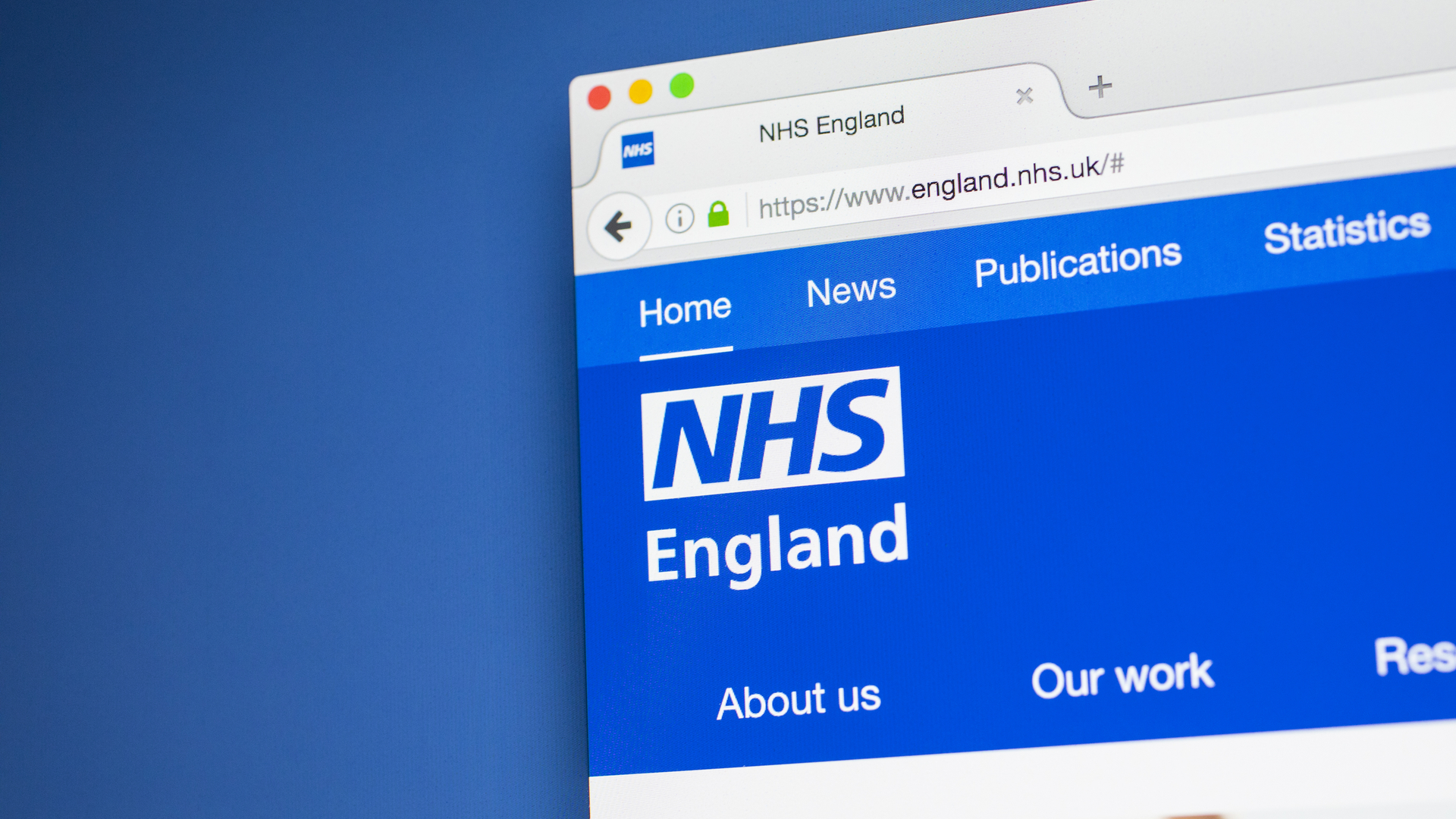NCSC warns councils over ‘foreign influence’ in smart city projects
16-page report details cyber security and privacy risks of signing agreements with foreign state-backed companies


UK security officials are growing increasingly anxious about the prospect of local councils signing smart city agreements with foreign state-backed companies, potentially gaining unchecked influence over critical national infrastructure.
With cities across the UK on the cusp of pursuing their own smart city projects, the National Cyber Security Centre (NCSC) has issued guidance on the security considerations they must take, and the risks involved in pursuing such projects.
It comes in light of dual fears that local authorities may inadvertently extend the UK’s attack surface on a massive scale by not taking security seriously enough, while also relinquishing sensitive data to state-backed entities.
“A connected place provides a range of critical functions and services to its citizens,” the guidance said. “The systems that these functions and services rely on will be moving, processing, and storing sensitive data, as well as controlling critical operational technology. Unfortunately, this makes these systems an attractive target for a range of threat actors.
"If UK connected place data is hosted in or routed through a foreign country, the government of that country may be able to influence the supplier to provide it with access to that data, or it may be able to access that data directly under national security and intelligence laws," the report continued. "If a foreign corporate group provides corporate services to the supplier, the corporate group may be able to directly view or access certain data held by the supplier."
It added that if connected systems are compromised through a hack or viewed by a foreign entity, the consequences could range from "breaches of privacy to the disruption or failure of critical functions", which in some cases "could endanger the local citizens".
One of the greatest risks, according to the NCSC, are countries seeking to obtain sensitive commercial and personal data from the UK, while seeking to cause disruption to overseas services. These entities may be influenced by foreign governments to exfiltrate data from UK smart cities and feed this into their own intelligence services.
Get the ITPro daily newsletter
Sign up today and you will receive a free copy of our Future Focus 2025 report - the leading guidance on AI, cybersecurity and other IT challenges as per 700+ senior executives
These suppliers may also be used as a vehicle for cyber attacks, either by attempting to instigate denial of service attacks or by poisoning a digital service through data manipulation or code injection that can affect how the service operates.
RELATED RESOURCE

China remains one of the leading smart city technology providers, although the report doesn’t mention China, or Chinese companies, by name. For instance, the Financial Times (FT) reported that Bournemouth council was close to signing an agreement for “smart place” services with Alibaba before it was terminated at the last minute.
“The more connected devices, the more threat vectors become open for cybercriminals to exploit,” said cyber security specialist with ESET, Jake Moore. “When creating smart cities it is vital that those designing them have security in mind from the outset and attempt to future-proof the infrastructures.
“Failure to prepare for cyber attacks now will mean they will inevitably fall over later and with the amount of data at risk, smart cities could be a disaster. More devices mean more of our private information is at stake which will remain a target to those who want to take advantage of such new technologies, so we need to be mindful of how much of our personal data we release.”
The guidance also includes general rules and principles for local authorities to follow when designing their systems. Specific examples the NCSC references include CCTV platforms, traffic light management, waste management, streetlight management, and transport services, among other public services.
These guiding principles, the NCSC said, must be read by local councils in conjunction with advice from the Centre of Protection of National Infrastructure (CPNI), which focuses on physical and personnel security.

Keumars Afifi-Sabet is a writer and editor that specialises in public sector, cyber security, and cloud computing. He first joined ITPro as a staff writer in April 2018 and eventually became its Features Editor. Although a regular contributor to other tech sites in the past, these days you will find Keumars on LiveScience, where he runs its Technology section.
-
 Should AI PCs be part of your next hardware refresh?
Should AI PCs be part of your next hardware refresh?AI PCs are fast becoming a business staple and a surefire way to future-proof your business
By Bobby Hellard Published
-
 Westcon-Comstor and Vectra AI launch brace of new channel initiatives
Westcon-Comstor and Vectra AI launch brace of new channel initiativesNews Westcon-Comstor and Vectra AI have announced the launch of two new channel growth initiatives focused on the managed security service provider (MSSP) space and AWS Marketplace.
By Daniel Todd Published
-
 ASUS, Cisco, Netgear devices exploited in ongoing Chinese hacking campaign
ASUS, Cisco, Netgear devices exploited in ongoing Chinese hacking campaignNews Critical national infrastructure is the target of sustained attempts from state-sponsored hackers, according to Five Eyes advisories
By Ross Kelly Published
-
 Off-the-shelf ransomware is spurring a new era in the Ukraine war
Off-the-shelf ransomware is spurring a new era in the Ukraine warNews Experts agreed Russian forces could be overwhelmed, forced to use less sophisticated tools to meet the regime's demands
By Connor Jones Published
-
 NCSC: “New class” of Russian cyber attackers seek to destroy critical infrastructure
NCSC: “New class” of Russian cyber attackers seek to destroy critical infrastructureNews The cyber threat has been raised due to the heightened risk of ideologically driven cyber attacks from Russia-aligned adversaries
By Connor Jones Published
-
 NCSC warns UK under state-sponsored spear-phishing attacks from Russia and Iran
NCSC warns UK under state-sponsored spear-phishing attacks from Russia and IranNews The acceleration in spear-phishing campaigns last year coincided with the escalating conflict in Ukraine, according to the NCSC
By Ross Kelly Published
-
 NCSC founder details 'biggest regret' in underestimating organised cyber crime
NCSC founder details 'biggest regret' in underestimating organised cyber crimeNews In a rare public address, Martin also detailed his proudest achievement and how the idea for the NCSC came to be
By Zach Marzouk Published
-
 Second Singtel subsidiary breach in a month sees customer and client data leaked
Second Singtel subsidiary breach in a month sees customer and client data leakedNews The incident at Singtel subsidiary Dialog follows the earlier breach at Singtel-owned Optus, Australia's second-largest telco
By Rory Bathgate Published
-
 UK, US condemn Iran for ‘unprecedented’ cyber attack against Albania
UK, US condemn Iran for ‘unprecedented’ cyber attack against AlbaniaNews The Balkan nation has cut ties with Iran following the hack, which took down national infrastructure and exposed government information
By Rory Bathgate Published
-
 Cyber attack on software supplier causes "major outage" across the NHS
Cyber attack on software supplier causes "major outage" across the NHSNews Unconfirmed reports suggest the attack may be ransomware-related, while the NHS contends with disrupted services on the 111 non-emergency line
By Connor Jones Published